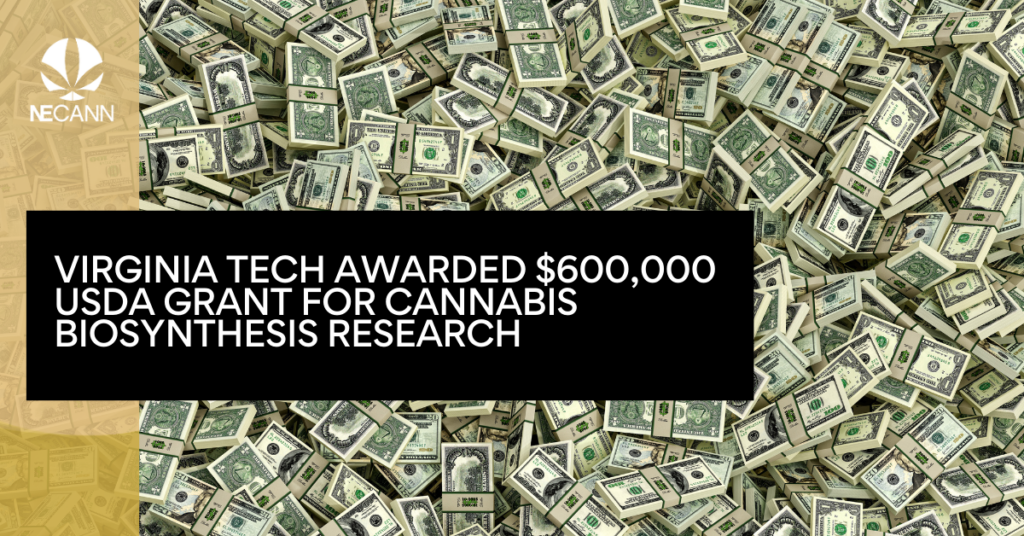Virginia Tech’s College of Agriculture and Life Sciences has been awarded a significant grant of $600,000 from the U.S. Department of Agriculture (USDA) to conduct pioneering research into the regulation of biosynthetic pathways for cannabinoid production in cannabis plants. This research holds the potential to revolutionize the cultivation of cannabis and the utilization of cannabinoids in medical treatments.
The primary objective of this research initiative is to gain a deeper understanding of the intricate pathway processes responsible for cannabinoid production in cannabis plants. By unraveling the genetic and regulatory networks governing cannabinoid biosynthesis, researchers aim to measure the impact of manipulating these pathways on the metabolic profile of cannabis plants.
One of the key anticipated outcomes of this research is the ability to identify, select, or modify cannabis plants with specific cannabinoid content. This capability could significantly benefit growers by increasing profitability and reducing risks associated with crop cultivation. Moreover, it has the potential to advance the utilization of cannabinoids in various medical treatments.
The project is spearheaded by Bastiaan Bargmann, an assistant professor in the School of Plant and Environmental Sciences and an affiliated faculty member with the Fralin Life Sciences Institute. Collaboration is a fundamental aspect of this research, with participation from the Institute for Advanced Learning and Research in Danville, Virginia, as well as Canada’s York University.
The research team’s efforts are expected to pave the way for the development of new cannabis varieties through conventional breeding methods or emerging plant breeding technologies. These new varieties could exhibit enhanced, reduced, or even abolished production of specific cannabinoid compounds, offering a wide range of possibilities for the cannabis industry.
The significance of this research extends beyond the boundaries of academia, as it holds the potential to reshape the cannabis landscape. With the U.S. federal legalization of industrial hemp in 2018 through the Farm Bill, ongoing research endeavors like this one are crucial in unlocking the full potential of cannabinoids and cannabis as a valuable agricultural resource.
As the cannabis industry continues to evolve and expand, research initiatives like the one undertaken by Virginia Tech are essential in driving innovation and advancing our understanding of this complex and versatile plant.
Stay informed with the latest news – subscribe to NECANN today for all things cannabis!




